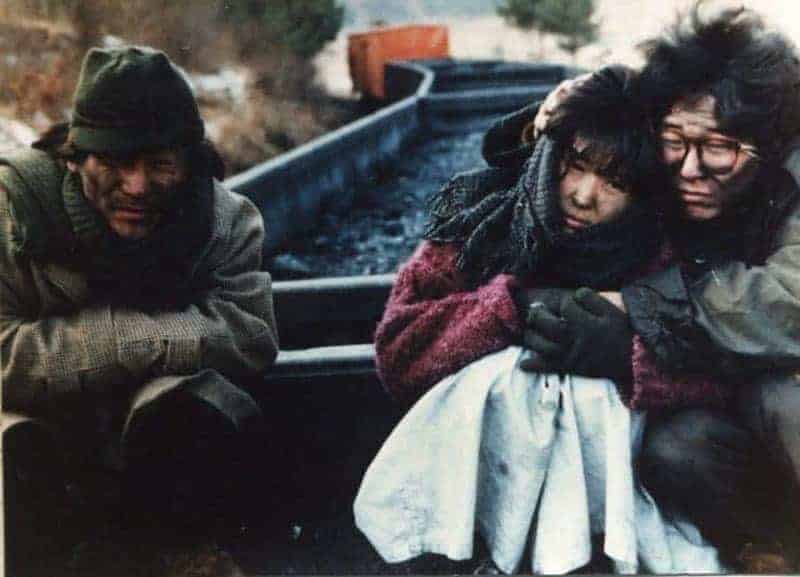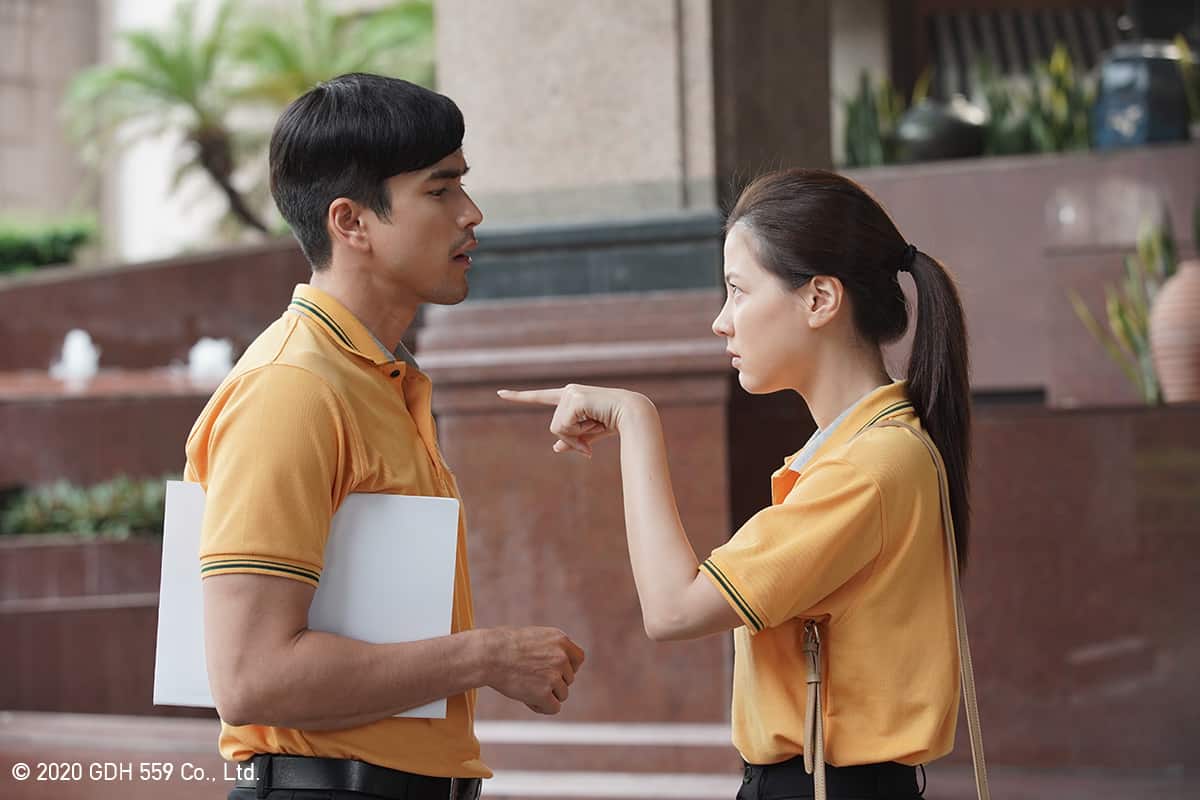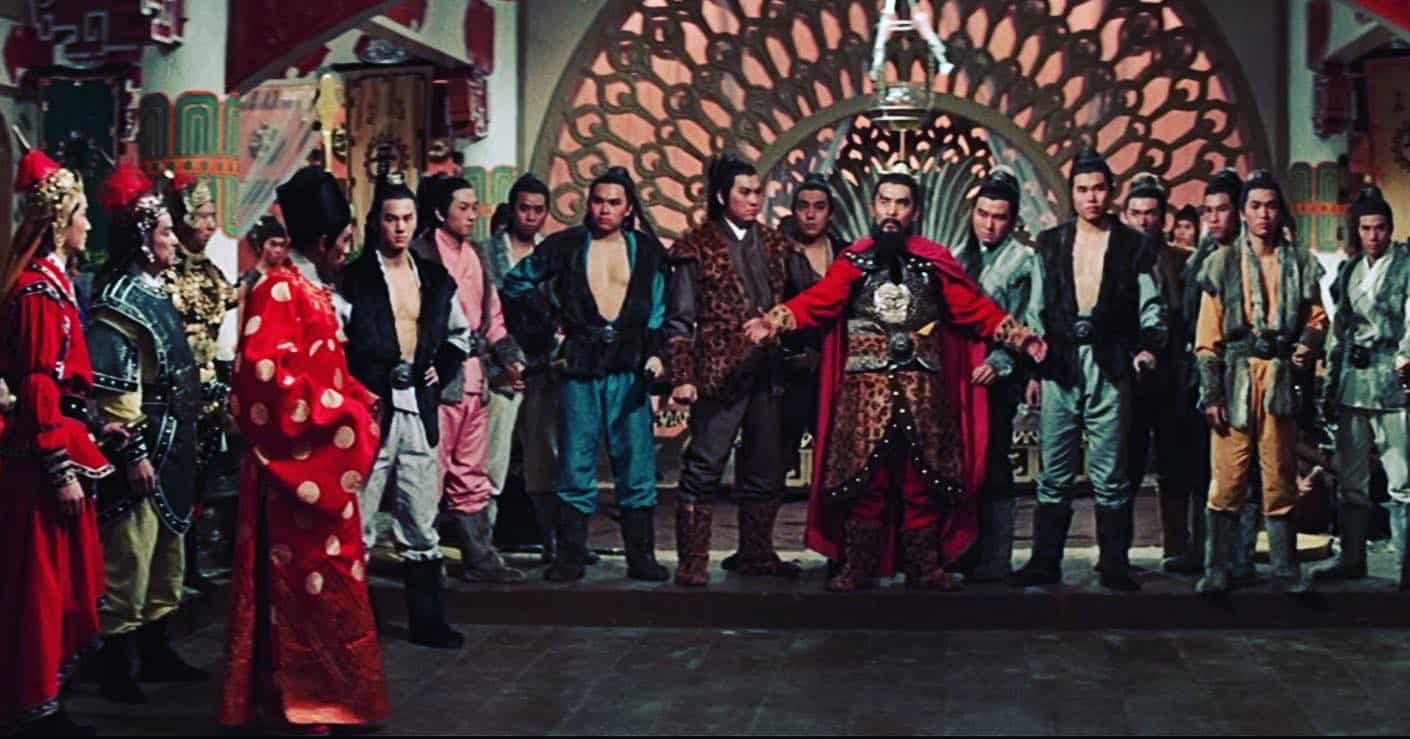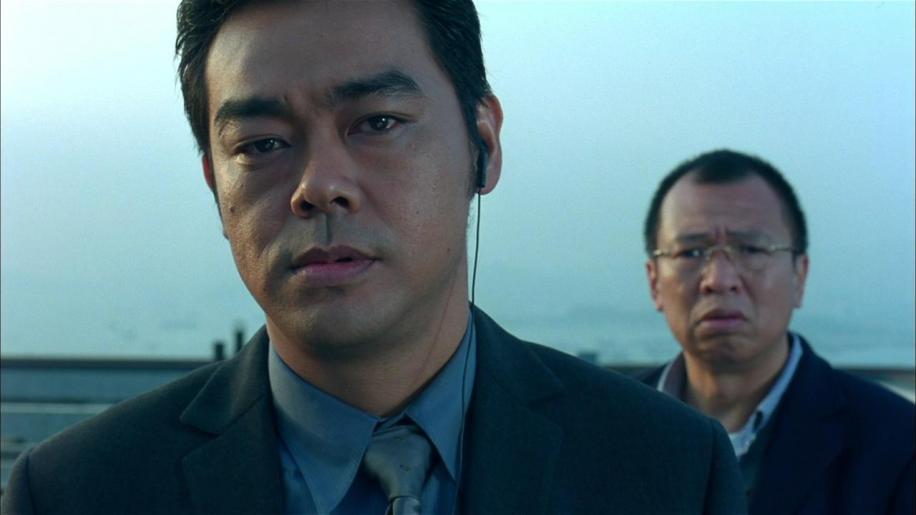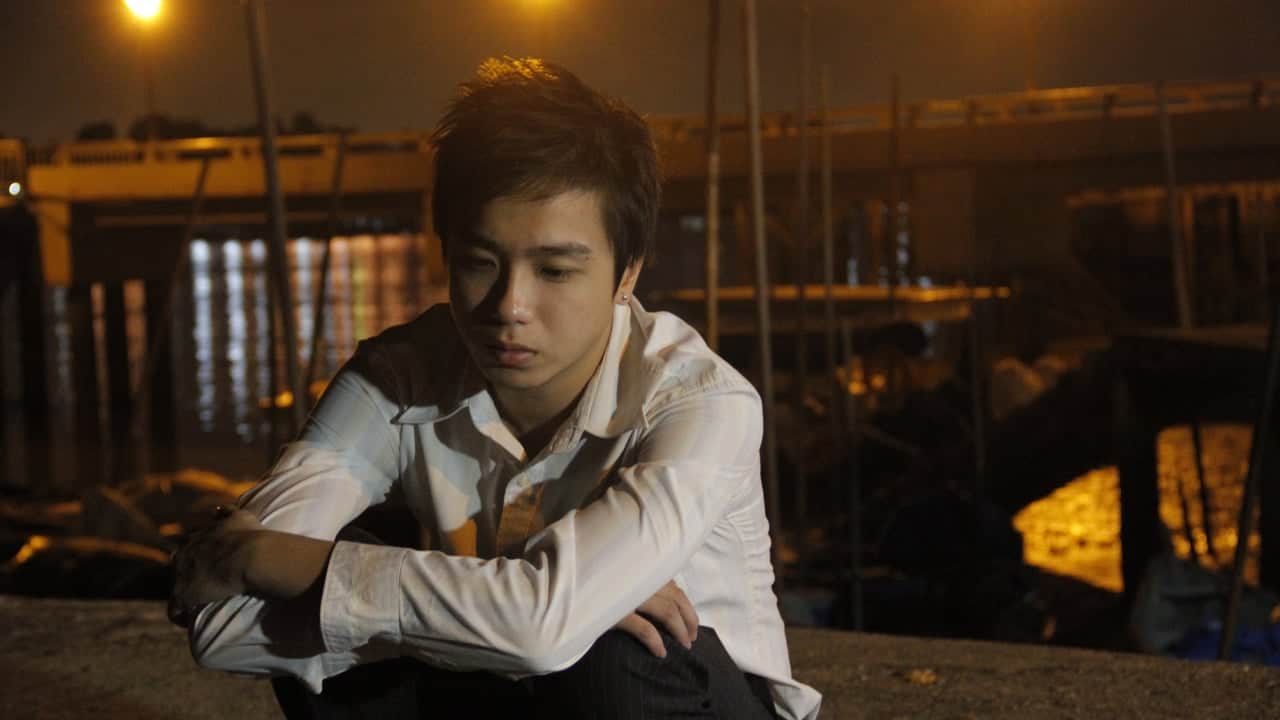Legendary director Bae Chang-ho hit the ground running with his debut film “People in the Slum” in 1982, but it wasn't until two years later that he announced himself as a very successful director commercially with his third film “Whale Hunting”, which went on to become the highest grossing film of the year.
“Whale Hunting” is screening at Ulju Mountain Film Festival 2019
Byeong-tae is hopeless at pretty much everything he does. He is average at studies, not very good at making friend, lacks confidence and can't manage to win over the affections of Mi-ran, the girl in his class he has a crush on. The fact that he looks and acts like a nerd only goes to further hamper his social skills. Tired of this situation, he decides to run away and disappear from society when a chance encounter introduces him to Min-woo, a homeless beggar who is the polar opposite of Byeong-tae. Full of life, laughter, wits and confidence, Min-woo is a man who lives life to the fullest, despite his economical and social drawbacks. In an attempt to introduce Byeong-tae to the better side of life, Min-woo takes him to a brothel, where he meets the beautiful mute girl Choon-ja. Byeong-tae decides to save Choon-ja from her plight at the brothel under her strict and violent pimp and, with the help of Min-woo, embarks on a mission to return Choon-ja to her mother's home on Udo Island.
The film gets its title from the old Korean phrase “hunting the whale” which, back in the days when Korea was under strict dictatorship, meant to long for things beyond your average needs or beyond financial gains which the government at the time put an emphasis on. This is a trait which can be seen in both our male central characters. Byeong-tae claims that he will not return home until he has caught a whale, i.e. done something meaningful with his life. Min-woo, meanwhile, does anything beyond financial gains. Money means little to him and what little he does have, he has no problem using to help the two lovebirds in their quest. As far as he is concerned, he is already out whale hunting and is doing well at it.
As the film progresses, it moves from being just a buddy comedy to a road movie as the three embark on a road trip across the country to get Choon-ja back to her village, with her villainous handlers in tow. To the director's credit, he manages to seamlessly intertwine the two and shows his prowess on both accounts. Unlike many mainstream films, “Whale Hunting” also manages to provide social commentary relevant to its time within its narrative. It shows the plight of the youth of the time, in terms of how hard it was even for people with strong academical backgrounds to find a job and be financially secure. Min-woo is clearly a man of higher intellect, went to college and apparently was a good enough student for his past teachers to remember him years later, but circumstances made him homeless and a self-proclaimed beggar. It also shows just how hard it was for the younger generation to support themselves once they move out, particularly in the big cities.
If the script, based once again on Bae Chang-ho's frequent collaborator Choi In-ho's story, is engrossing, it is on its central duo of actors that a majority of the film's success depends on. Musician Kim Soo-chul, in his on-screen debut, is a delight as the nerdy, kind-hearted Byeong-tae. In particular, every time Byeong-tae loses his cool and acts out of character, Kim Soo-chul's effortless performance impresses. In fact, equally impressive is his work as the film's music composer, which has a distinct old-world charm to it. But it is Ahn Sung-ki, working for the third time with Bae Chang-ho after featuring in both the director's earlier films, who steals the show as Min-woo. Often overplaying his character for comedic value, he brings a distinct charm to the character which is very infectious and only adds to his very handsome look. Lee Mi-sook also excels as the mute Choon-ja, as she supports the two male leads ably. Quite a few scenes where she helplessly tries to express herself without words leave an impact, as does her scene near the film's climax.
Another of the film's strong points is its beautiful cinematography. From the urban landscape of Seoul to the snow-laden mountains to the wide-angle shots of the beaches and the lush green countryside, “Whale Hunting” is an absolute joy to look at. Bae Chang-ho has gone on to say that the star of the movie for him is the beautiful winter scenery and he might not be too far from the truth there.
“Whale Hunting” has a little bit of something for everyone- comedy, drama, romance, bromance, melodrama, sharp social commentary, even fun chase sequences, which all work together to make it a highly entertaining, warm-hearted film from Bae Chang-ho's earlier oeuvre.


